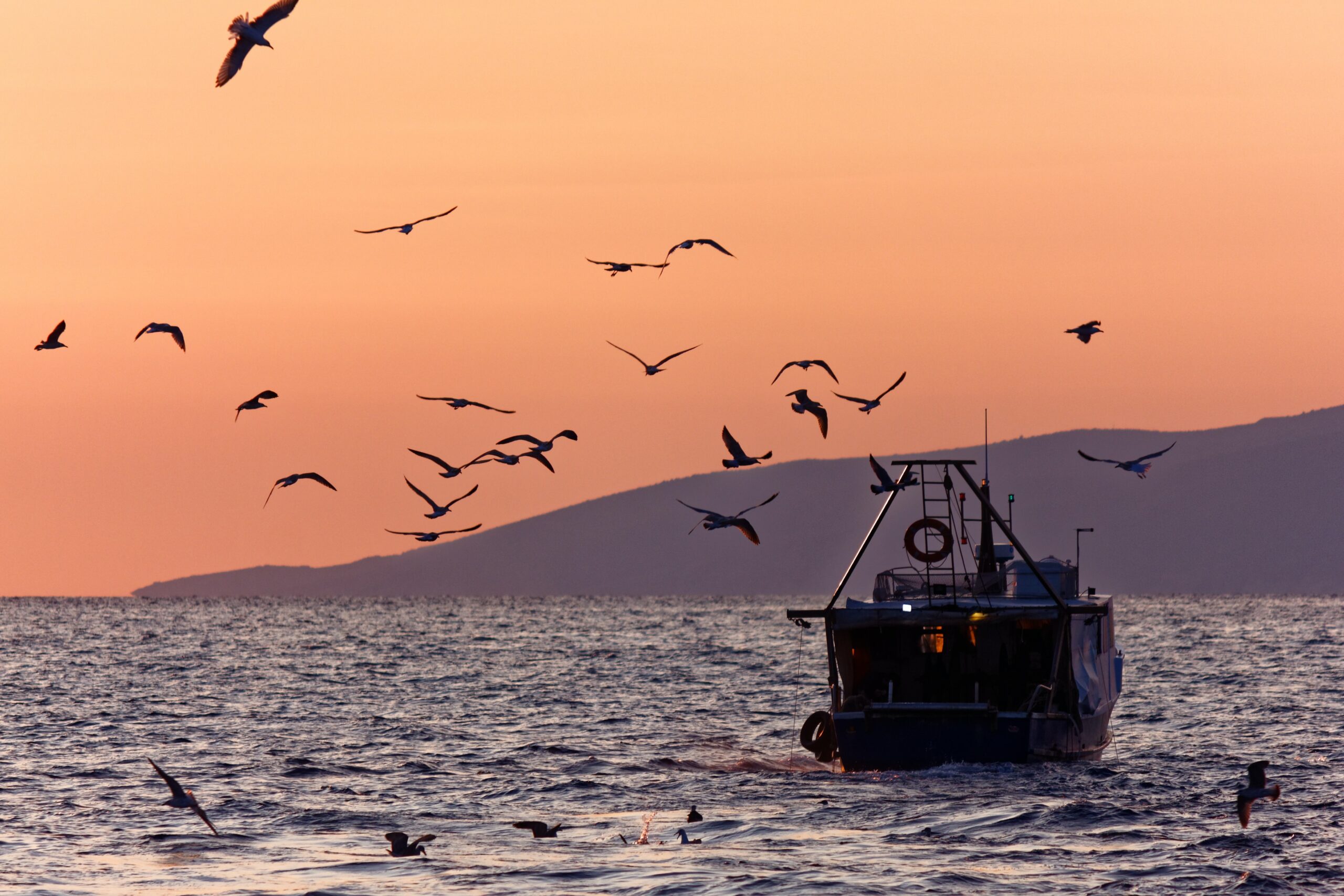
Policy Options
The Blue Economy
Overview
The blue economy is defined as the sustainable use of ocean resources for economic growth. Not all ocean-based activities fall under the definition of blue economy, but only those that protect coastal resources. At the state level, legislators can enact policies that incentivize innovation, conservation, and community engagement to drive a sustainable economy while promoting ocean health.
Policy Strategies
INCENTIVIZE INNOVATION AND RESEARCH TO RESTORE AND CONSERVE SPACES THAT DRIVE THE BLUE ECONOMY
- Encourage scientific research: e.g. ME LD 336 encourages research to support offshore wind development in Maine.
- Establish a task force to study coastal ecosystem services: e.g. VA SB 1374 establishes an intergovernmental taskforce to study and submit a report on how to use state land and marine resources for carbon sequestration.
- Identify knowledge gaps: e.g. CA AB 1279 would require partnerships between private and nonprofit entities to bring sustainable kelp to the coastal waters of the state and to identify critical knowledge gaps related to kelp forest ecosystems.
ESTABLISH A SPECIALIZED TASK FORCE, COUNCIL, OR OFFICE
- Establish an “Office of Blue Economy” that can drive the blue economy to its full economic, social, and environmental potential: at least 16 states have created offices of outdoor recreation, task forces, or policy advisors to bolster economic development and the outdoor recreation economy while promoting health and wellness, ensuring conservation of public lands and waters, and serving as a hub for partnerships between businesses, stakeholders and government.
- Establish an office to support innovative industries: e.g. VA HB 234 establishes the Division of Offshore Wind and gives it the power and responsibility to coordinate state agencies’ activities related to offshore wind, ensure stakeholder engagement, and develop programs to prepare the workforce for the industry and to create employment opportunities.
- Create a business council:
- California established a Blue Business Council, a network of business partners who collaborate on protecting and maintaining California’s waterways and recognize that clean water is vital to the state’s economy, public health, and recreation.
- Michigan also established a Blue Economy Council.
CREATE INCENTIVES AND FUNDING MECHANISMS
- Create a community incentives program: e.g. MA HD 4379 would establish a “Blue Communities Program” that (1) incentivizes local action on nutrient pollution and ocean acidification; (2) sets guidelines for communities to qualify as a “Blue Community;” and (3) establishes a fund for the Program.
- Allocate funding specifically for coastal restoration and conservation:
- OR HB 3114 allocates funding to various state agencies for projects to monitor and reduce ocean acidification and to revitalize affected marine ecosystems.
- WA SB 5126 allocates funding under the state Climate Investment Account for projects that will help remediate and adapt to the impacts of ocean acidification.
RI SB 35 establishes the Ocean State Climate Adaptation and Resilience (OSCAR) fund as a long-term source of grant funding to allow coastal cities and towns to implement climate resilience projects.

Empower State Environmental Champions
Your donation funds the fight for equitable actions that protect the environment and our health.
Donate